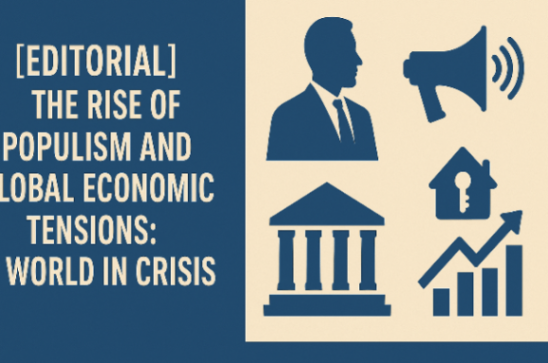
The Rise of Populism and Global Economic Tensions: A World in Crisis
In recent years, the world has been witnessing a dramatic shift toward extreme populism, both in politics and economic policy. This trend, fueled by social discontent, growing inequality, and a breakdown of trust in traditional institutions, is reshaping democratic systems around the globe. In South Korea, the election of leaders with criminal records or deep ties to corruption scandals has shaken public confidence in governance. Despite clear concerns, many voters turn to these figures out of frustration with the political status quo. In the United States, cities like New York are led by mayors whose policies often lean heavily on populist rhetoric — promising safety, affordable housing, or radical reforms without realistic execution plans. Meanwhile, global real estate and rental markets have soared to unsustainable levels. Housing is increasingly unaffordable for middle and lower-income families. Rents have doubled in major cities like London, Seoul, and San Francisco. This economic pressure feeds more anger, which populist figures exploit by offering simple — often misleading — solutions. These phenomena point to a vicious cycle: economic inequality breeds political instability, which in turn brings short-term populist solutions that often worsen structural problems.
jin-ovw
1
Views 34 • 29days ago(Edited)
Politics